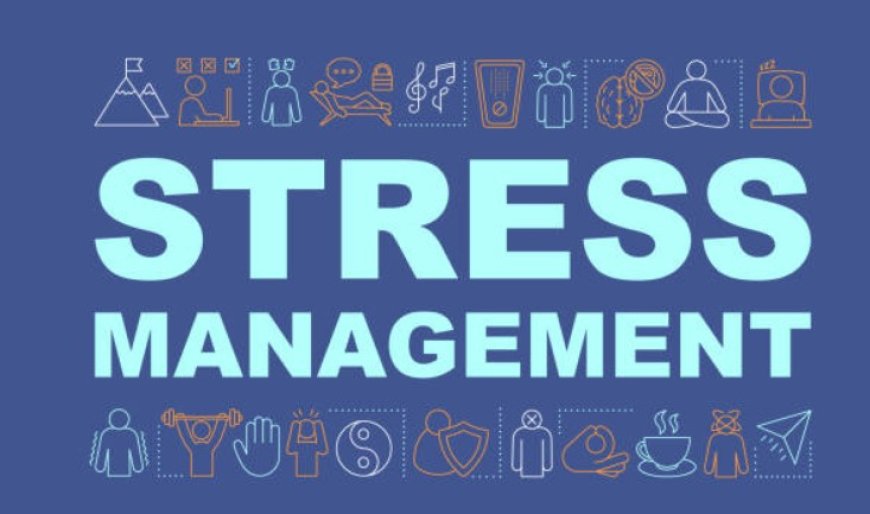How to Manage Stress: Essential Tips for a Happier and Healthier Life
Learn how to identify your stressors, take breaks, get enough sleep, exercise regularly, eat a healthy diet, learn relaxation techniques, and talk to someone to manage stress effectively.
How to Handle Tension
An inevitable aspect of life is stress. A multitude of issues, including those related to job, education, relationships, and finances, can contribute to it. Excessive stress can be detrimental to your health, even though some stress can be inspiring.
The following advice can help you manage stress:
Determine your sources of stress. What worries you out? Once you are aware of your stressors, you can begin to create coping mechanisms.
Recuperate. Take some time to de-stress and clear your mind if you're feeling stressed. Take a stroll, enjoy some music, or read a book.
Sleep enough.You can manage stress better when you get enough sleep. Get seven to eight hours of sleep every night.
Work out frequently. Engaging in physical activity can effectively lower stress levels and elevate your mood. On most days of the week, try to get in at least 30 minutes of moderate-intensity exercise.
Consume a balanced diet. Consuming a nutritious diet provides your body with the nutrients it requires for optimal operation. Eat a lot of fruits, vegetables, whole grains, and fat-free beverages; steer clear of processed foods and sugary beverages.
Acquire relaxation skills. Numerous relaxation methods, including yoga, meditation, and deep breathing, can aid in stress reduction.
Ask someone to talk.Seeking support and relieving stress can be achieved by having a conversation with a friend, family member, or therapist.
It's critical to get expert assistance if stress is getting to you. A therapist can assist you in creating a stress management strategy that works for you and teach you new coping techniques.
Here are some more stress-reduction advice:
Avoid alcohol and caffeine. Alcohol and caffeine can exacerbate anxiety and stress.
Establish reasonable expectations. Avoid taking on too much at once. Divide complicated activities into smaller, more doable segments.
Discern how to refuse. Saying no to requests that take up your time or make you feel more stressed out is OK.
Assign duties. Give responsibilities to others if you are able to do so! Your time and energy will be freed up as a result, allowing you to concentrate on the things that matter most to you.
Look for yourself. Schedule time for enjoyable and fulfilling activities. This can be going to a yoga class, getting a massage, or spending time with close friends and family.
It's critical to stress management for your general health and wellbeing. By using these suggestions, you can improve your ability to manage stress and lead a longer, happier life.















































































































































































































